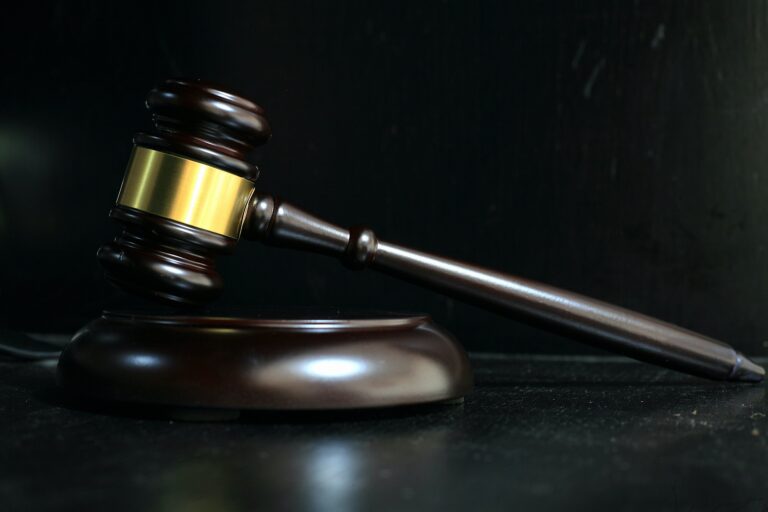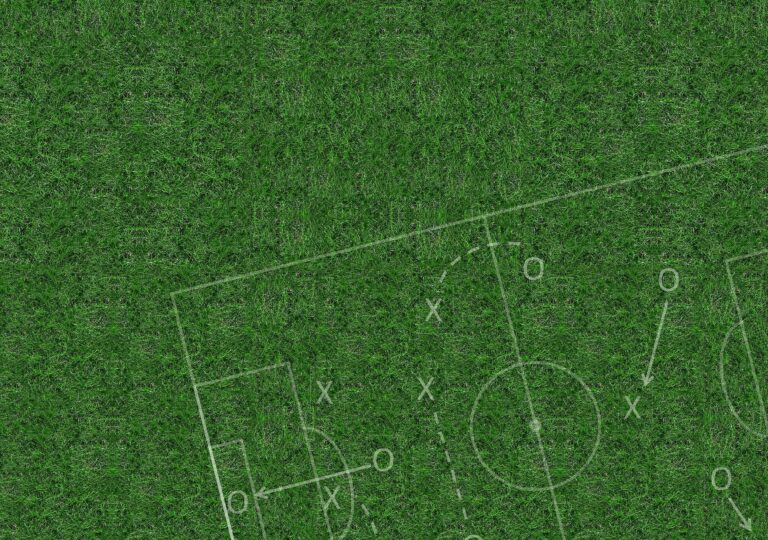“We never quit fighting for our right to exist,” says Native academic Megan Bang, a key player in progressing the legislation.
The class of 2024’s commencement marked more than just personal achievement for the 140,090 students graduating from public high schools in Illinois for the first time since education began there 169 years ago, starting from fall, classes on Native history are being introduced as standard.
New Law and Its Implementation
In the last year, Illinois Gov. J.B. Pritzker enacted Public Act 1030422. The law orders that schools will teach units on Native American history from kindergarten up to graduation. The plan for each of the state’s 852 school districts is to decide how best to integrate this into their existing class plans. To help them, they can use a resource guide created by the Illinois State Board of Education (ISBE). The board received advice from Indigenous teachers and scholars as well as organizations like the Native American Chamber of Commerce and groups such as Chicago American Indian Community Collaborative. A member of the Prairie Band of Potawatomi Tribal Council also made contributions.
A Push for Change
Megan Bang made vital contributions towards making this law possible. She holds positions at Northwestern University in Chicago as a professor and director at the Center for Native American and Indigenous Research. “Laws are necessary because without them good intentions can be ignored after elections,” she argued. Despite being part Ojibwe and part Italian, she didn’t learn about her own Indigenous heritage in school when she was younger.
“All I remember is people having incorrect beliefs about us,” she stated. From her own experience dealing with stereotypes during school despite not looking traditionally Native, she knows how crucial it is to depict Native peoples truthfully and respectfully in education.
Overcoming Hurdles
The challenge was figuring out how to discuss conflicts with appropriateness due to age. Bang believes children should be taught about the lands they live on as well as Indigenous values found within their stories. “Many of our communities have beautiful knowledge and ethics. Classrooms could include these conversations for young children,” she suggested.
Debunking Misrepresentations
Classic narratives like the Thanksgiving story can incorrectly paint Natives as happy to give their land away. Bang stressed that education needs to challenge these misconceptions and stereotypes. “That’s not really learning anything. That myth has just allowed people not to feel responsible towards Native people.”
Goals Looking Forward
Bang highlighted that the law isn’t only about teaching history but also raising awareness of Natives in today’s society. However, she does recognize limitations such as lack of resources. “We’re underfunded and our community is trying hard to carry out this statewide project even though it’s not officially any of our responsibilities,” she mentioned.
Differences in Funding
The funding for this initiative doesn’t match up evenly with other educational requirements, an example being the heavily supported TEAACH Act for Asian American curriculum. Bang made it clear that teaching everyone about Native history and sovereignty goes beyond just educating Indigenous students themselves.
Importance for Civic Duty
Bang proposed that knowing about Native history is critical for any United States citizen, adding “If treaties are what gives the US legal standing, then citizens should understand Indian self-rule and treaty obligations.”
Necessary Infrastructure Changes
Bang wants future mandates to require Native education topics within teacher training programs. Advocating for a continually improving, regular community of practice she believes teaching this curriculum properly depends on incorporating it fully into how the education system operates.
Eyeing the Future
In the long term, her hope is to make teaching every high school student about Native sovereignty something usual. “Making that common would be a huge step forward,” she believes.
Creating Wider Change
Josee Starr has been another active voice in achieving this law. Starr, working as Mitchell Museum of American Indian’s director of operations, thinks teaching more about Native history will benefit everyone including students’ parents and the broader community. “Once students begin learning way more about Native History than ever before, it directly influences their parents and others in the area,” she remarked.
Refreshing History
The recent land acquisition by Prairie Band Potawatomi Nation in Northern Illinois highlights ongoing activity and revival of Indigenous communities in Illinois. Starr sees this as an opportunity for further understanding and recognition of Native American history and culture.
To Conclude
Featuring Native American history lessons is a significant stride towards encouraging greater inclusion and understanding in Illinois schools. Advocates like Megan Bang continue to call for thorough and well supported educational schemes with hopes that future generations understand Indigenous peoples better alongside acknowledging their ongoing impacts on society.











+ There are no comments
Add yours